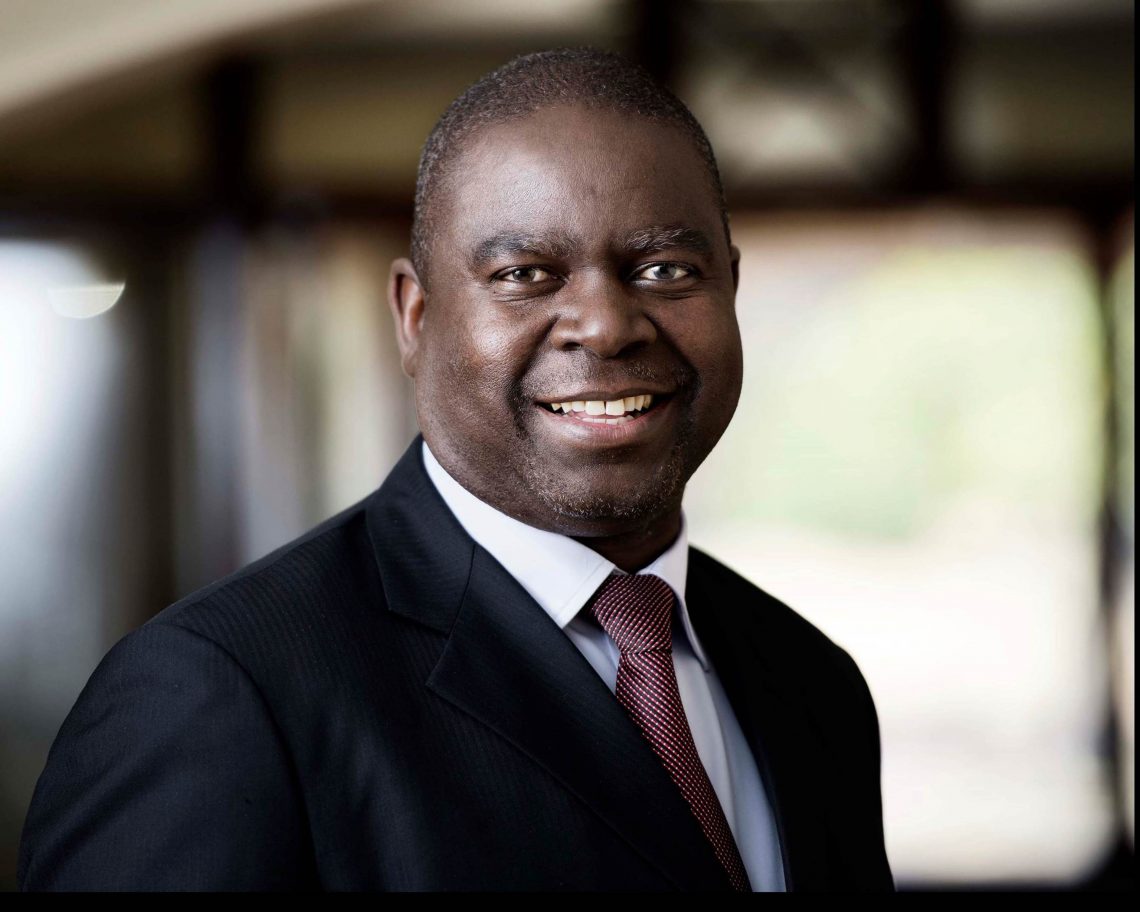Econet Wireless Zimbabwe is set to embark on a month-long clean-up campaign of the city of Harare, targeting Budiriro and Glen View – the epicentres of the recent cholera outbreak that has left 54 people dead and hundreds in need of treatment.
The company has responded in a big way to the deadly disease outbreak which the government has declared a national emergency.
A spokesman for Econet confirmed the development, saying the initiative would be officially kicked off in Glenview on Wednesday, October 10, by the company’s CEO Mr Douglas Mboweni, along with senior Government and City of Harare officials.
“We are stepping up our intervention by launching a large clean-up campaign whose footprint will be the suburbs of Budiriro and Glen View in Harare which have been the worst affected by the cholera outbreak,” the spokesman said.
“Our aim is for us to help make a sustainable impact in fighting this epidemic, and to ensure we prevent it from happening again,” he said.
“To that end, we have taken the approach of engaging the community at large – churches, schools and local civic groups – to ensure ownership and sustainability, to impact behaviour at the local level, and to restore community pride,” the spokesman said.
He said Econet had mobilised 20 skip bins (large waste disposal bins of about six cubic metres), enough he said, to cover all the wards in Budiriro and Glen View. He said using its resources, the company was also deploying two dedicated refuse trucks to collect and depose of garbage in the two suburbs. It is understood the City of Harare currently operates 17 refuse collection trucks in the entire city.
The spokesman said Econet had already engaged over 200 local volunteers in Glenview and Budiriro and trained them in environmental awareness and basic public hygiene behaviours, including safe litter disposal practices anti-litter monitoring.
The country’s largest mobile network operator and technology company, Econet recently gave $10 million to the fight against cholera, and has begun working with the City of Harare in an infrastructure rehabilitation project in the worst affected areas, estimated to cost over $5 million.
The project, which is already underway in Budiriro, involves the repair through replacement of broken sewer and water pipes in the suburb, an intervention that experts say is key to addressing the hygiene root causes of the cholera outbreak.
Cholera is caused by drinking water or eating food contaminated by the cholera bacteria, which is largely spread through human waste .
Since the outbreak of the epidemic in the country two months ago, Econet has offered logistical support and provided on-the-ground case-management support (or treatment) for those affected by the disease through Higherlife Foundation, a non-profit organisation that Econet funds, in partnership with the Ministry of Health and ChildCare and other public and private institutions.
It has also led in fundraising efforts, spearheaded by Steward Bank and EcoCash – part of Econet’s fintech portfolio – through the ‘Kanzatu-nzatu’ crowdfunding initiative, in collaboration with the Finance Ministry.
The cholera disease symptoms are severe diarrhoea and vomiting, which cause dehydration and may quickly result in death.
Infected patients are urged to quickly seek treatment at the nearest health centre, and to drink as much salt and sugar fluids as possible, to prevent dehydration.
